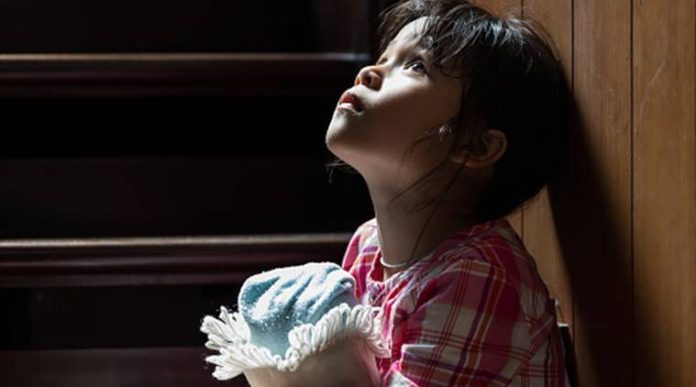By Hina Kiyani
Behind the innocent smiles of our children lie unseen battles that often go unnoticed. The alarming surge in mental health disorders among our youth calls for immediate intervention. By acknowledging and addressing these hidden struggles, we can pave the way for a brighter future where our children’s well-being takes center stage.
In recent years, the surge in children’s mental health disorders has cast a spotlight on a pressing issue that often goes unnoticed. Despite the gravity of the situation, society has failed to provide adequate attention and support, leaving countless children struggling in silence. Experts in the field emphasize the critical role parents play in supporting children’s mental health. Chief Executive Officer MehfoozBachpan (Child Protection Campaign), Bushra Iqbal highlights, “Understanding a child’s personality physiologically, mentally, and physically by giving them a conducive approach provides a protective environment, making them more successful and feel like useful citizens of society.”
Psychologist Sobia Iftikhar adds, “Family and couple therapy are very helpful in dealing with children’s mental health issues, including psychotherapy, family training therapies, stress management, and behavioral management.”
Parents play a crucial role in shaping their children’s mental well-being. By actively engaging with their children, observing their activities, and addressing their thoughts and concerns, parents can create a nurturing environment that fosters emotional resilience. Open and supportive conversations at home can help alleviate fears and anxieties that contribute to mental health disorders, she added. Regular check-ins with children are essential in monitoring their emotional well-being. Emotions and moods can fluctuate, and by actively communicating and offering support, parents can normalize any fears or anxieties stemming from their environment. Reinforcing positive aspects of their lives, such as engaging in activities, spending time with loved ones, and pursuing hobbies, can significantly contribute to a healthy mental state.
However, the responsibility to address children’s mental health issues extends beyond the confines of the home. Government and community efforts are crucial in providing accessible mental health resources and interventions. Prioritizing children’s mental health, alongside physical health, should be a cornerstone of public health policies.
In countries facing specific challenges, such as polio eradication, the cooperation of parents becomes paramount. It is essential for parents to understand the implications of neglecting vaccinations, as it not only poses physical health risks but also contributes to mental and emotional distress in children. By prioritizing their children’s health and actively participating in vaccination programs, parents can contribute to their overall well-being and protect them from potential mental health challenges.
Internal pressures, such as academic performance stress, excessive expectations, and constant comparisons, can significantly impact a child’s mental health. Creating a supportive environment that fosters individuality and encourages a balanced approach can help alleviate these pressures. Parents should promote a healthy perspective on achievements and ensure children have opportunities for relaxation and self-care.
Addressing name-calling, bullying, and fostering a culture of respect within schools and communities is essential. By educating children on the importance of kindness and empathy, we can create inclusive environments where all children feel safe and valued.
“As a society, we must increase awareness and prioritize the mental health of our children. Parental education programs and counseling services within educational institutions, led by experts like Sobia Iftikhar, can equip parents with the knowledge and skills needed to identify and address potential mental health disorders. By taking a proactive approach, we can ensure that our children grow up in a supportive environment that nurtures their mental well-being.
In conclusion, the escalating crisis of children’s mental health disorders demands urgent action and increased awareness. It is the collective responsibility of parents, communities, and policymakers to address this issue and prioritize the well-being of our children.






